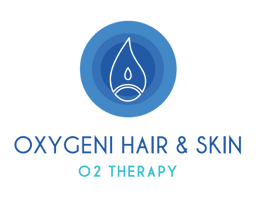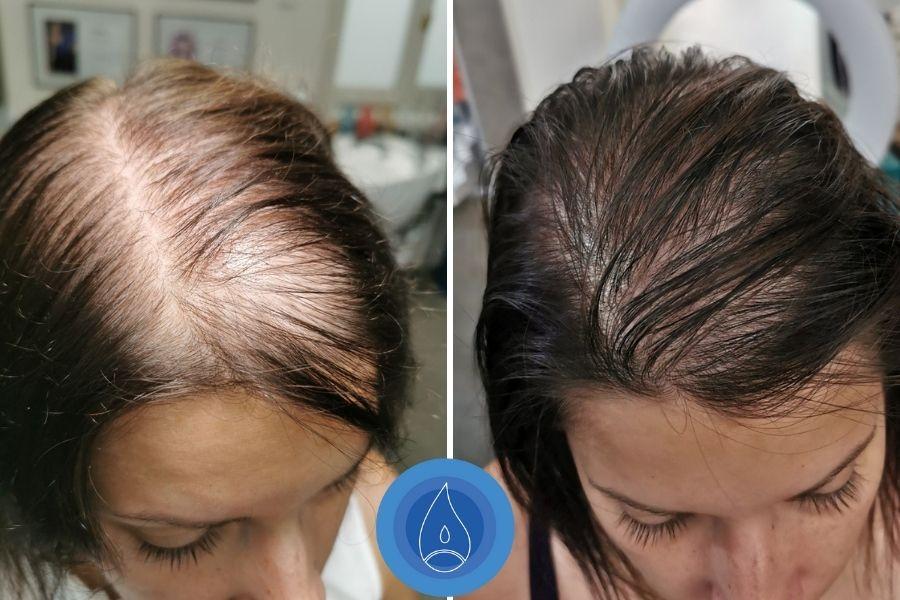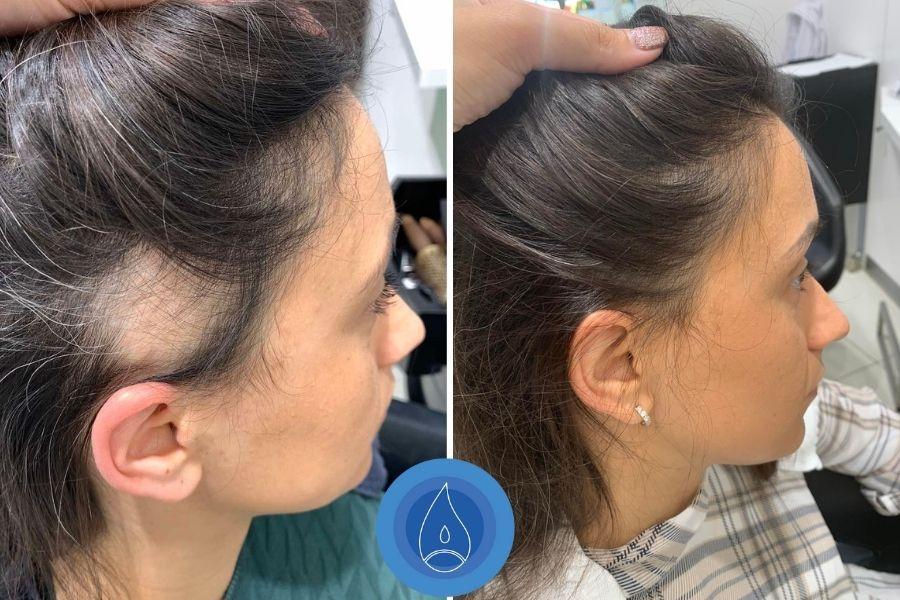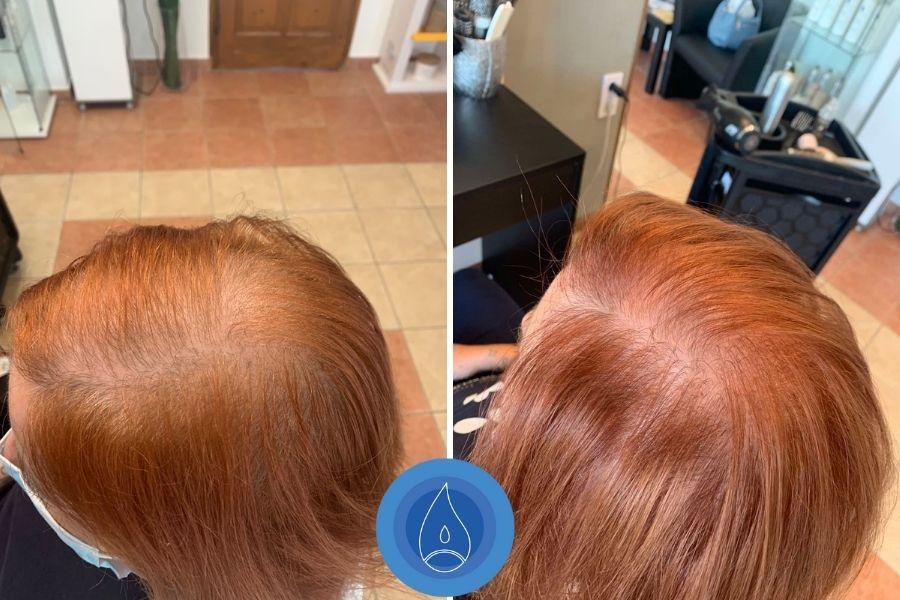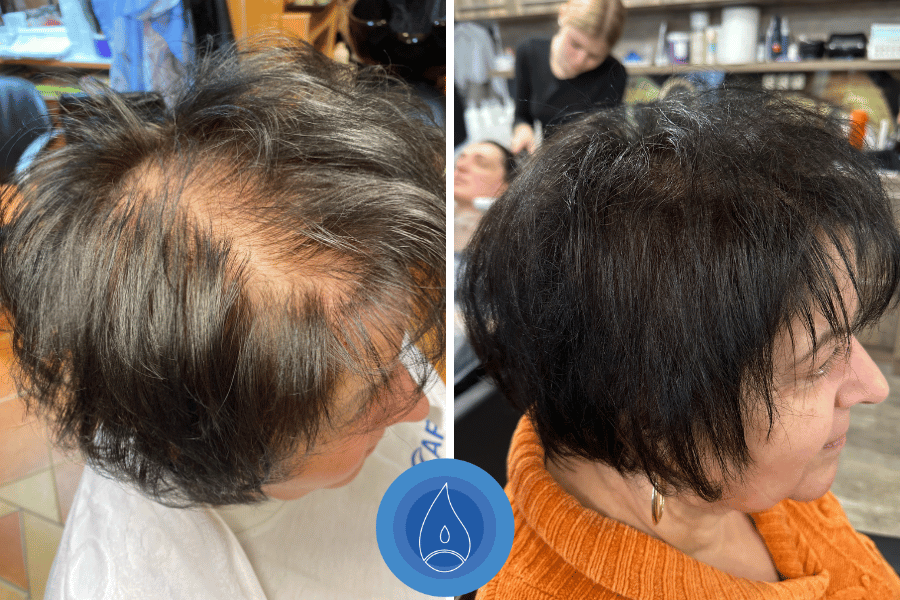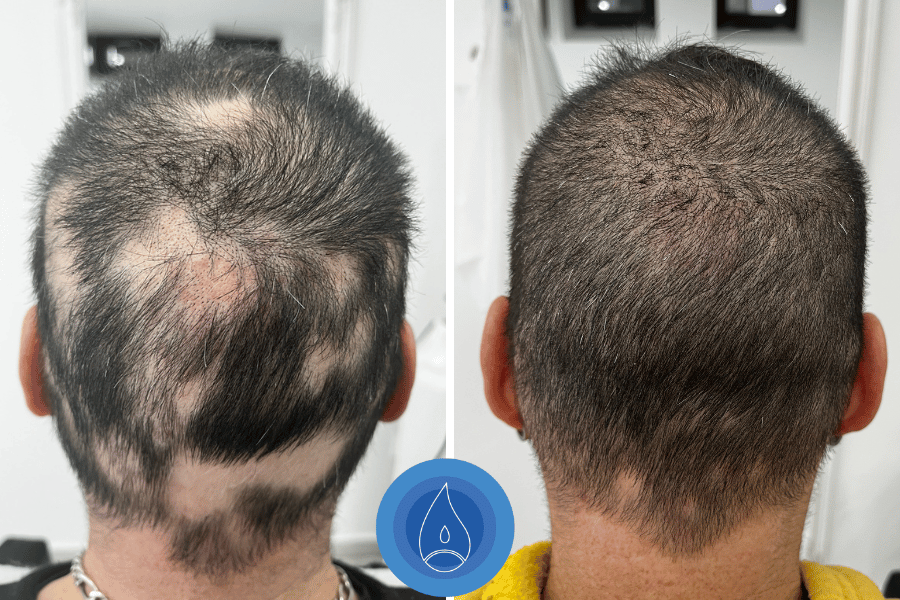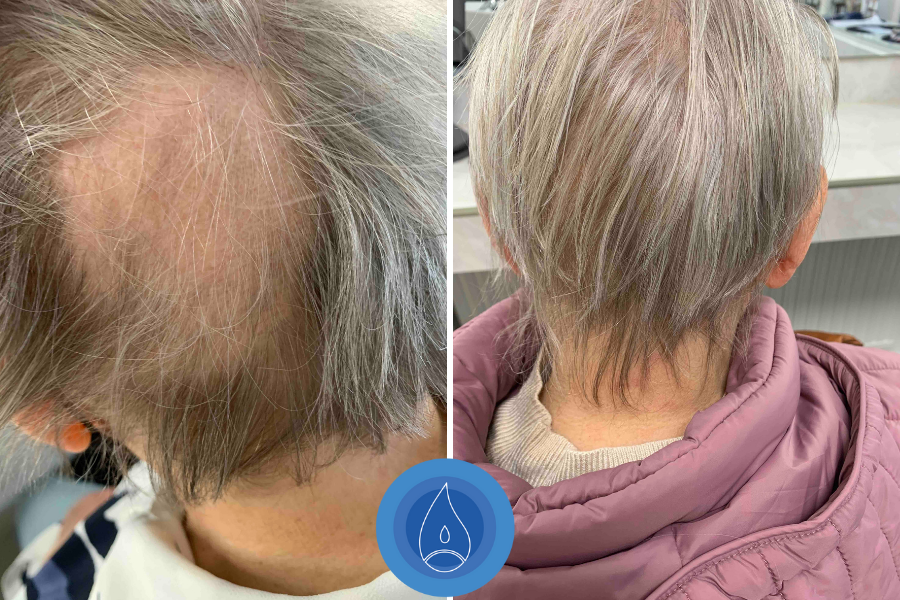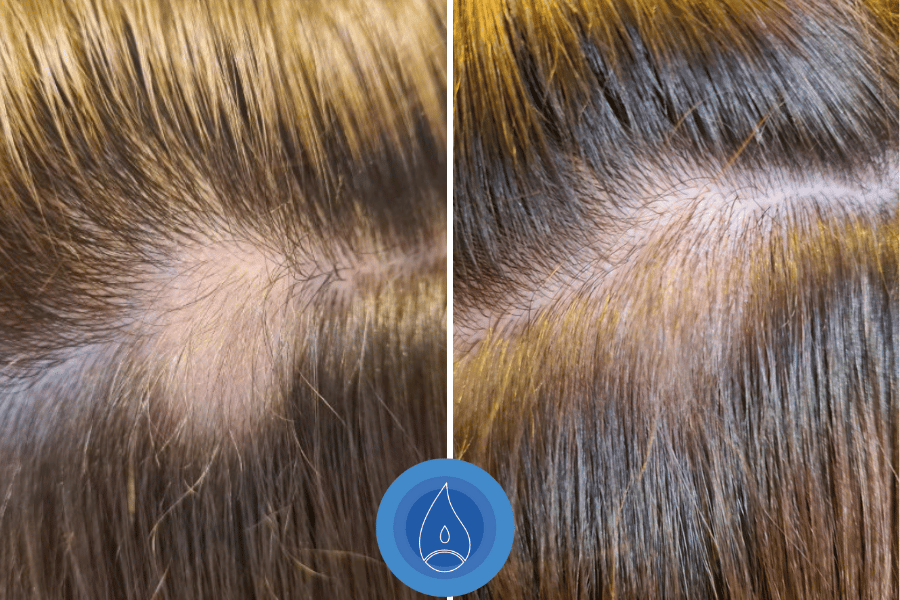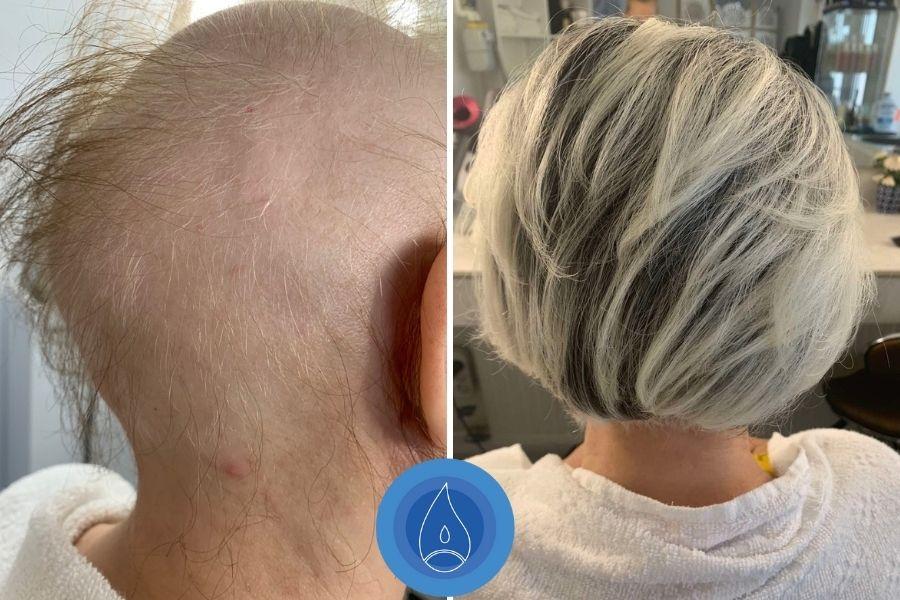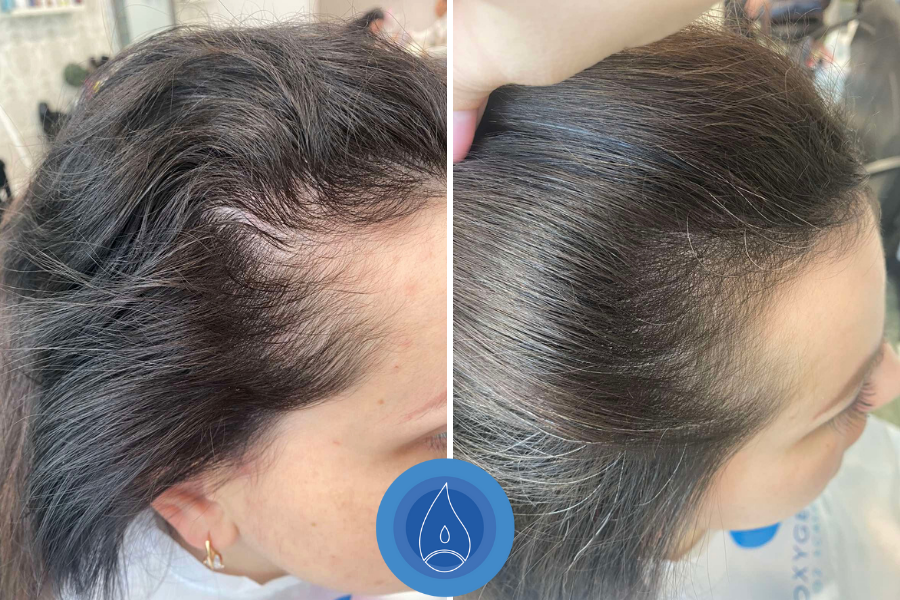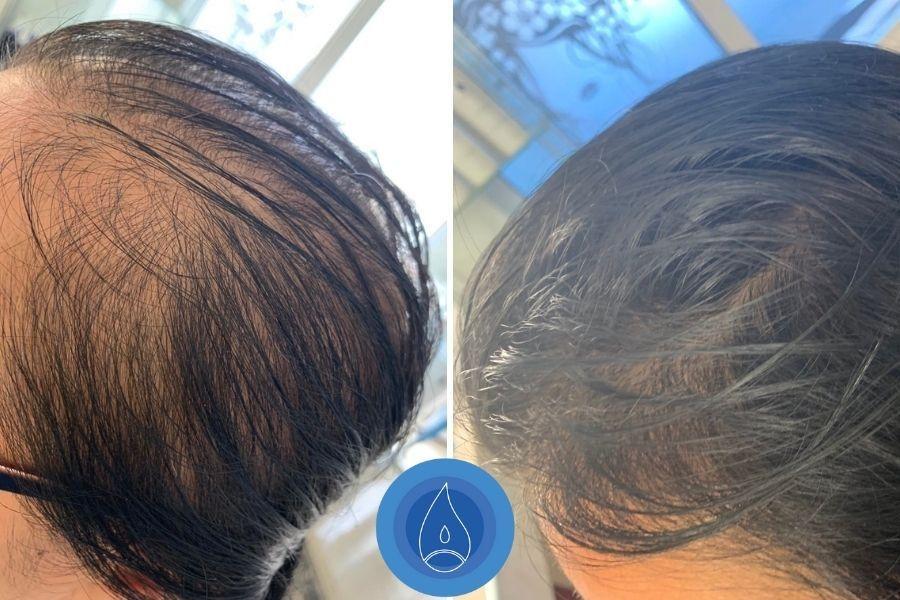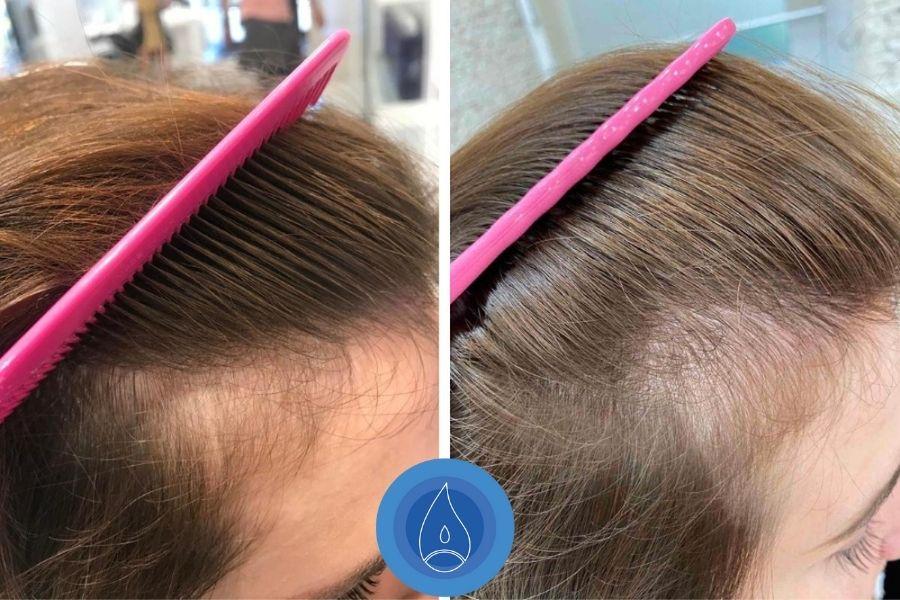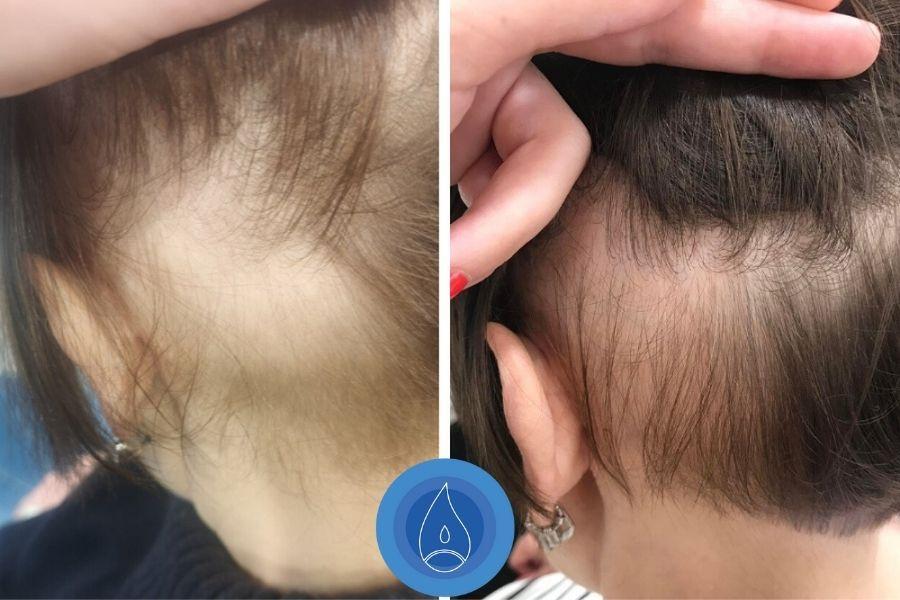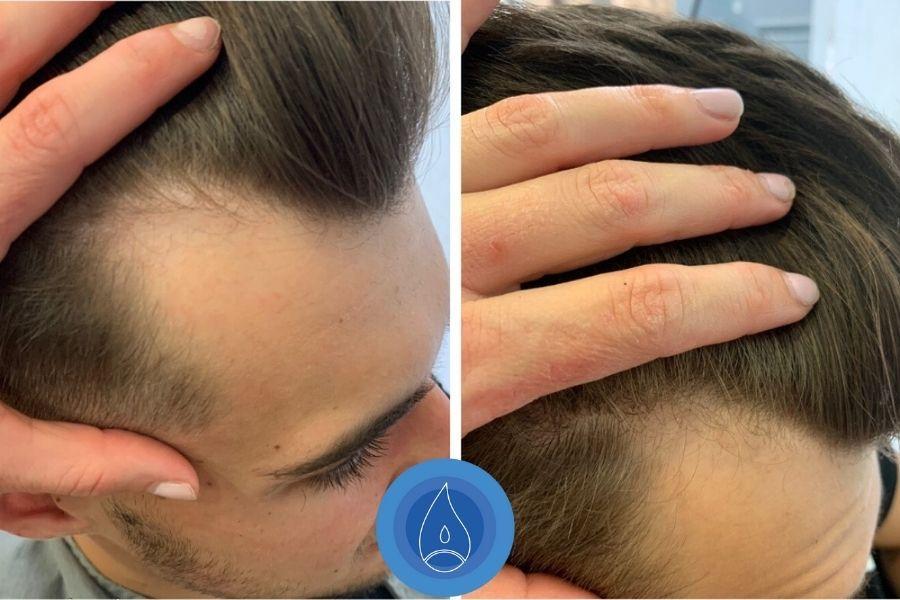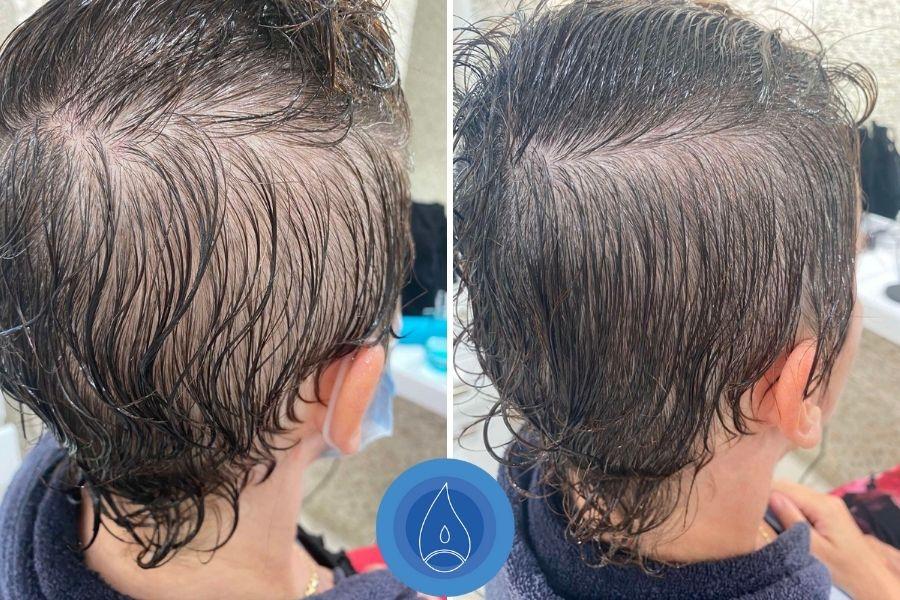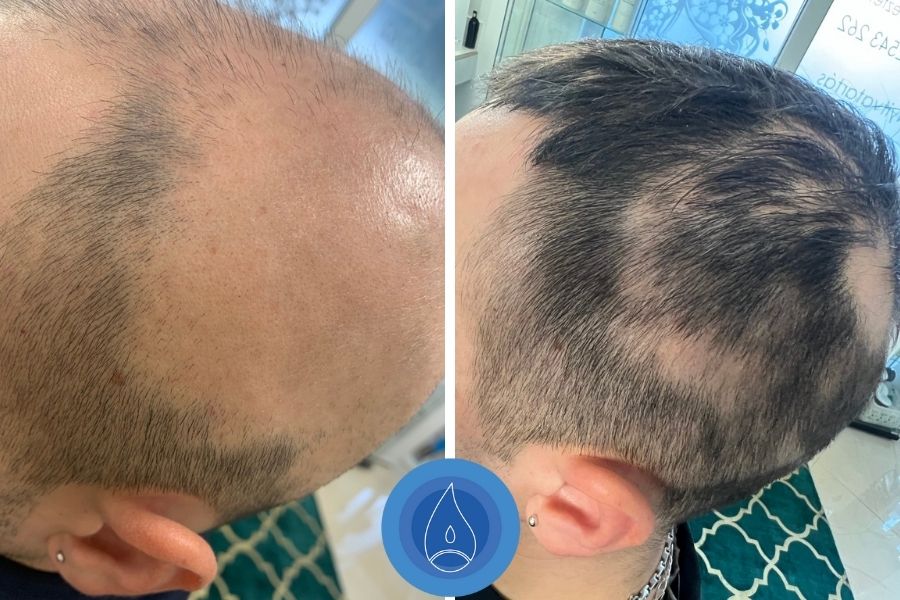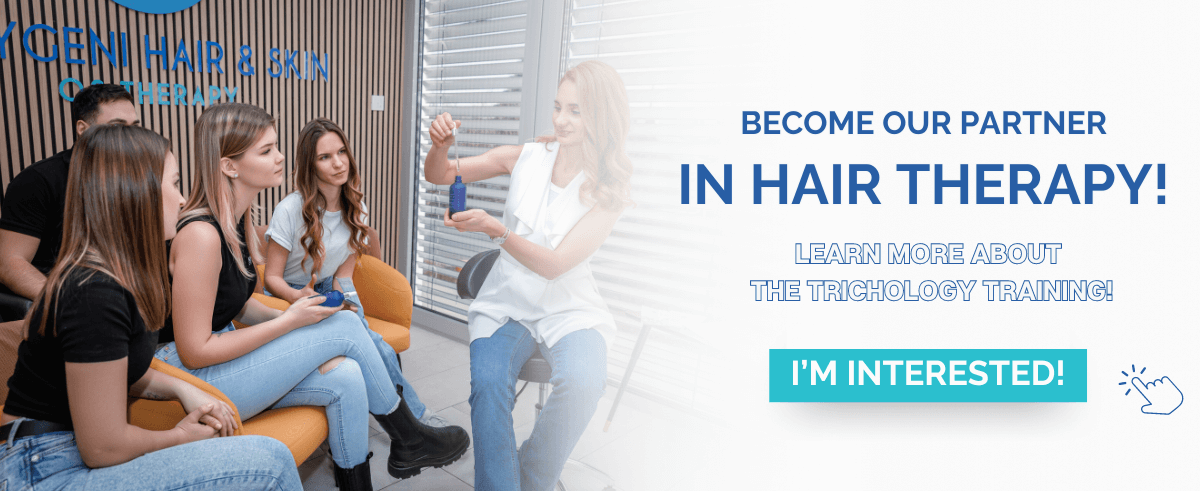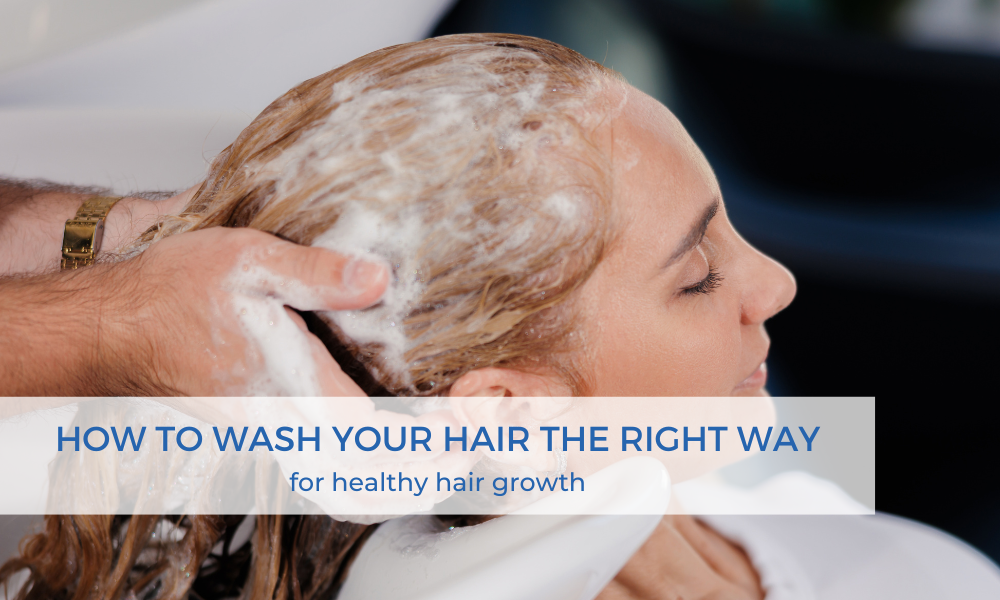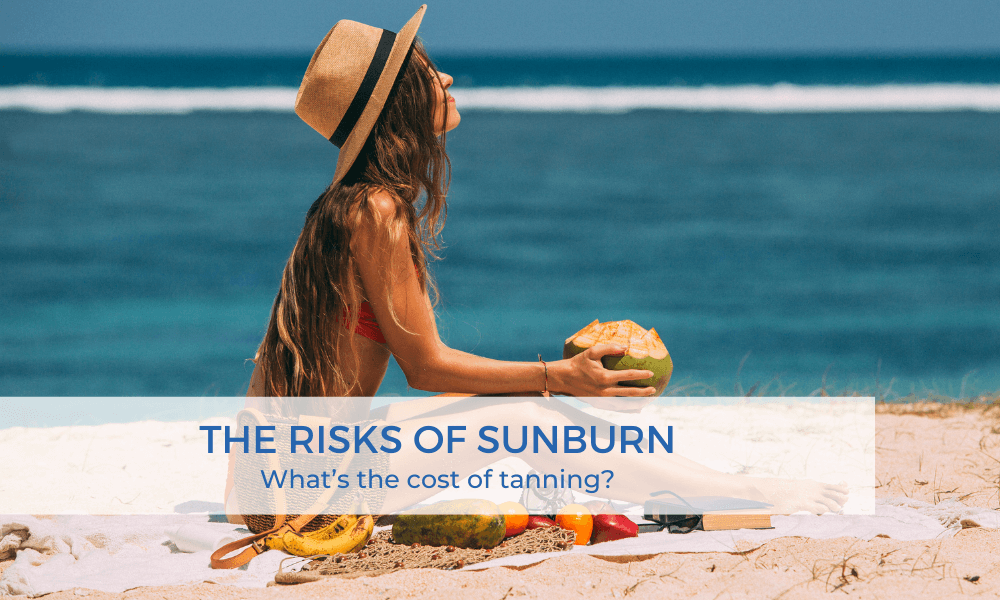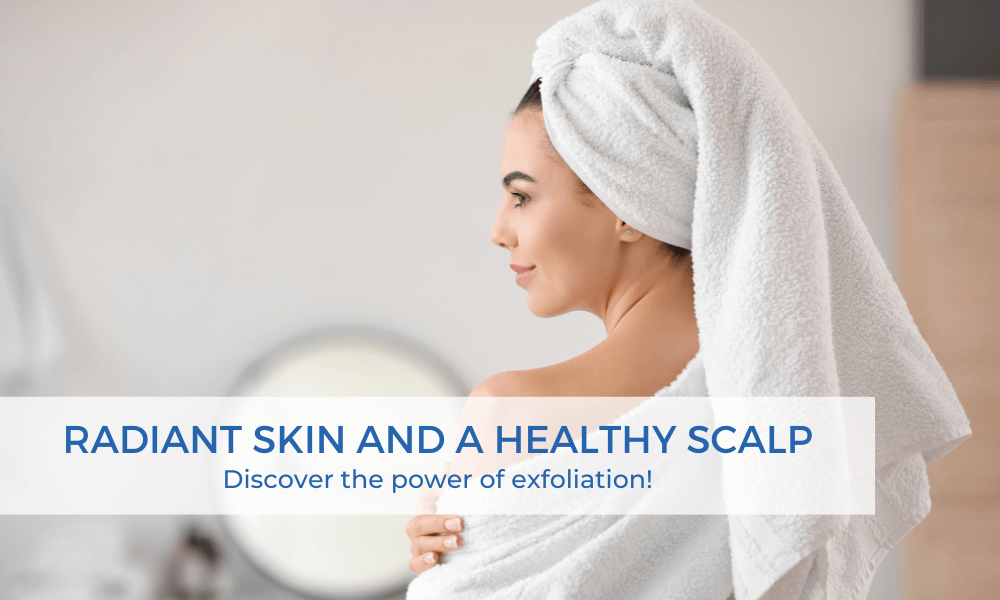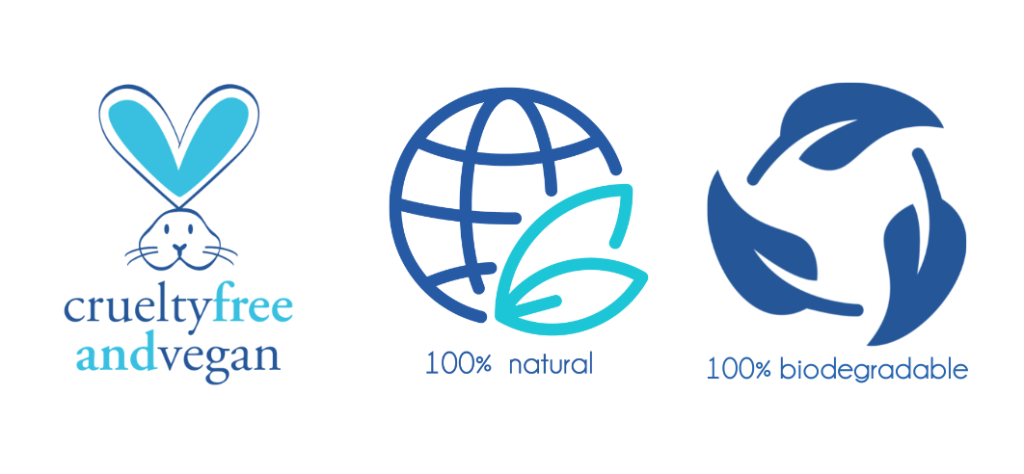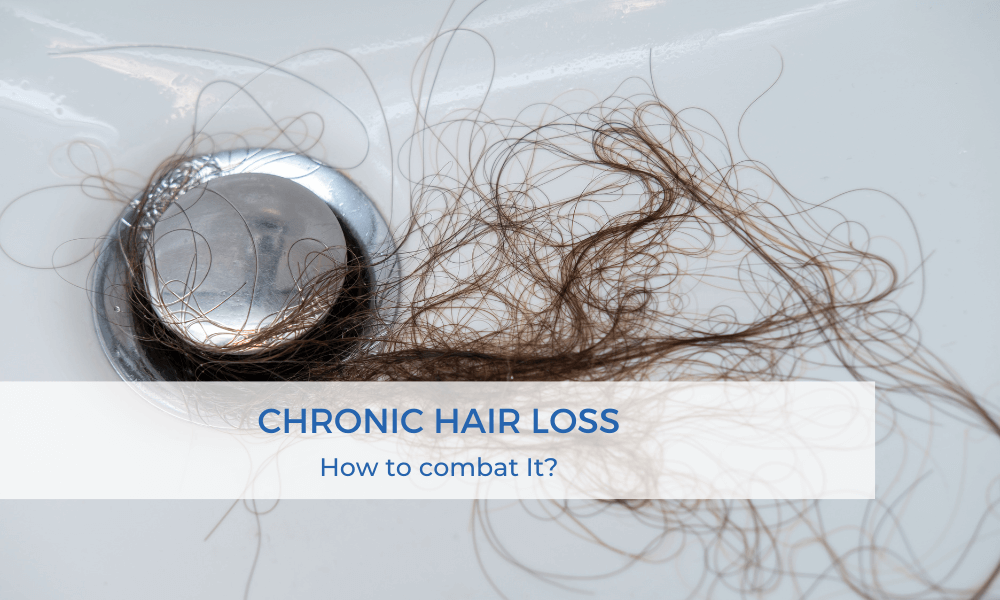
CHRONIC HAIR LOSS - HOW TO COMBAT IT?
Chronic hair loss is a common problem that can be attributed to various factors, including genetic predisposition, hormonal changes, and various health conditions. Lifestyle changes, specialized hair care products, and potential medical interventions can help reduce the extent of hair loss. Learn about the causes of chronic hair loss and the most effective methods to combat it!
ACUTE OR CHRONIC HAIR LOSS?
Hair loss is a natural part of the hair growth cycle, but it’s considered normal only when about 100 hairs fall out per day. Hair strands grow for a few years, then rest for a few months before shedding and regrowing. The hair growth cycle includes a resting phase, and telogen effluvium refers to temporary hair loss when hair follicles prematurely enter the resting phase. This type of hair loss can be acute, resolving within 3-6 months, or chronic, lasting for at least 6 months.
When the body experiences a “shock,” up to 70% of scalp hairs may shed in large numbers about 2 months after the shock. This sudden increase in hair loss is called acute hair loss and is distinct from gradual genetic hair thinning. Less commonly, chronic hair loss occurs when a significant amount of hair continuously falls out.
The causes of chronic hair loss can be multifaceted. Common culprits include high fever, childbirth, severe infections, chronic illnesses, psychological stress, surgeries, thyroid over- or underactivity, inadequate protein intake, and various medications.
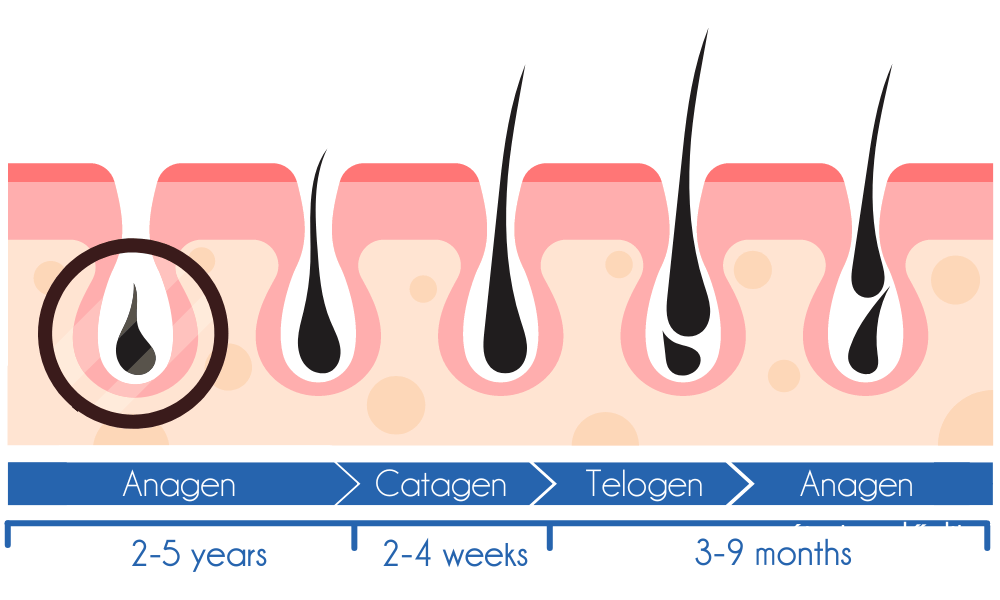
WHO IS AT RISK OF CHRONIC HAIR LOSS?
Chronic hair loss can affect both men and women, regardless of age. However, it’s more common in women and tends to be more noticeable.
If chronic hair loss runs in your family, you’re more likely to experience it too. Hormonal changes, such as pregnancy, menopause, or thyroid issues, can also contribute to hair loss. Additionally, certain medical conditions (such as diabetes, autoimmune diseases, or iron-deficiency anemia) can increase the risk of hair loss.
Chronic hair loss can also develop in individuals who have poor nutrition, need to take long-term medication, consume insufficient plant-based protein, or are exposed to high emotional stress.
WHAT ARE THE SYMPTOMS OF CHRONIC HAIR LOSS?
Initially, chronic hair loss is characterized by thinning of the hair on the scalp, which may be localized to a specific area or affect the entire scalp. However, the most obvious symptom is increased hair shedding. You may notice a greater amount of hair falling out than usual during washing or combing. The top of the scalp is usually the most affected area, but in rare cases, hair thinning may also be observed in the armpits and pubic area.
Other symptoms include itching and sensitivity of the scalp. Click here for more information on the causes and treatment of itchy scalp. The scalp generally appears healthy, but the hair strands are dry, dull, and easily breakable. The hair color may also change from dark to brown or red, or from brown to blonde.
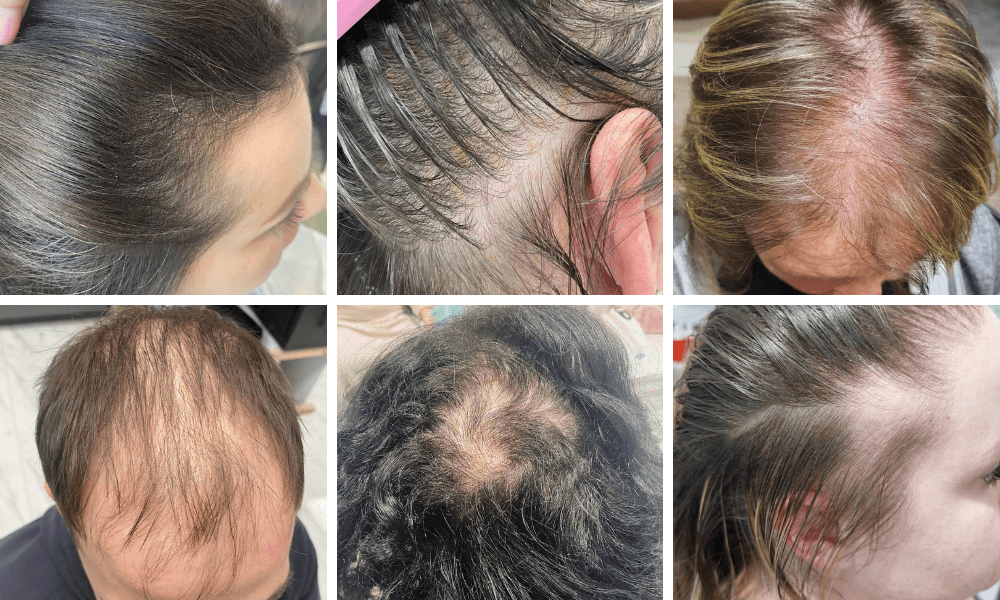
WHAT CAUSES CHRONIC HAIR LOSS?
STRESS, SHOCK, OR TRAUMA
Prolonged stress, the death of a family member, or any other traumatic life event can induce hair follicles to remain in the resting or telogen phase.
HORMONES
The balance of estrogen and testosterone hormones in the body can influence hair growth. Hormonal imbalances or changes may make hair follicles more sensitive to the hormone dihydrotestosterone (DHT), which can cause hair loss.
PREGNANCY AND CHILDBIRTH
Due to hormonal changes after childbirth, hair enters the telogen phase, resulting in increased hair shedding. Hair loss may be particularly noticeable for new mothers because during pregnancy, the proportion of hair in the anagen phase increases, leading to a fuller hair crown.
MENOPAUSE
During menopause, levels of female hormones (estrogen, progesterone) can significantly decrease. The lack of estrogen can cause hair loss as this hormone plays a crucial role in hair growth.
POOR NUTRITION
If the body lacks certain vitamins (A, B, D, K, and E), minerals (zinc, iron), or protein, hair may enter the telogen phase. It’s recommended to consume foods rich in the following vitamins: vitamin C (citrus fruits), vitamin D (soy milk and almond milk), and iron (green leafy vegetables).
Natural vitamins and dietary supplements are free from harmful side effects. Pure ingredients contain no added synthetic substances, only natural ingredients, allowing the body to better utilize the active ingredients without the need to filter out unnecessary substances.
CERTAIN MEDICATIONS
Some medications can disrupt the normal functioning of the hair cycle and push hair follicles into the telogen phase. Certain drugs may cause chronic hair loss as a side effect. Examples include anticoagulants, antifungal medications, non-steroidal anti-inflammatory drugs (NSAIDs), antihistamines, antihypertensives, and antidepressants.
UNDERLYING HEALTH CONDITIONS
Autoimmune disorders occur when the body attacks its hair follicles. Conditions affecting the thyroid gland and alopecia areata can cause chronic hair loss. While autoimmune diseases themselves are incurable or irreversible, they can be managed. Learn more about the development and treatment of autoimmune diseases in our blog.
FOOD ALLERGIES CAUSING HAIR LOSS

SUGAR
While sensitivity or allergy to sugar is less common, it can’t be completely ruled out as a potential contributor to hair loss in some cases. Excessive sugar consumption can lead to various health issues, including obesity, cardiovascular diseases, and insulin resistance. In cases of insulin resistance, cells don’t respond properly to insulin, which plays a role in regulating blood sugar. As a result, blood sugar levels remain high, causing inflammation in the body. Prolonged inflammatory conditions like these can also lead to hair loss.
DAIRY PRODUCTS
Allergy to dairy products can be a common cause of hair loss. Due to allergic reactions, hair follicles can be damaged, making hair strands more prone to breakage and shedding. Additionally, allergenic substances such as casein and whey protein in dairy products can further exacerbate scalp inflammation and irritation. Symptoms can vary, including skin rashes, eczema, gastrointestinal issues, and hair loss.
GLUTEN
Gluten can be a common trigger for hair loss, especially in those who are sensitive or intolerant to it. Inflammatory processes caused by gluten can affect hair follicles. Due to inflammatory reactions, hair follicles can be damaged, resulting in hair loss. Additionally, celiac disease can cause other symptoms such as skin rashes, digestive problems, and fatigue.
FRIED FOODS
High-fat and hydrogenated oil fried foods can trigger hair loss. An improper diet consisting of high-fat foods can increase testosterone levels, which can also lead to chronic hair loss.
In cases of food intolerance, prolonged symptoms can lead to other issues in the body, but this largely depends on the quantity of food consumed. Imbalance in the body can lead to hair loss. Since these symptoms develop slowly, we often don’t consider that consuming certain foods could be causing the symptoms.
TREATMENT FOR CHRONIC HAIR LOSS
OXYGEN THERAPY
Oxygen therapy, free from side effects, can help strengthen hair follicles and promote hair growth. The procedure involves injecting 100% pure oxygen at high pressure into both the cellular and interstitial spaces of the skin’s upper layer. Oxygen enhances cell metabolism, improves blood circulation, promotes regeneration, stimulates collagen formation, and amplifies self-healing processes. The procedure is entirely gentle, causing no irritation or allergic reactions. Oxygen therapy is based on strengthening the immune system, making it recommended even for autoimmune diseases as it reduces recovery and healing time. During the treatment, 100% organic ingredients are introduced into the body.
We deliver 70 different vitamins and minerals to the scalp using high-pressure, pure medical oxygen, allowing the hair follicles to breathe, kick-starting hair growth, and strengthening and thickening the hair strands.
RESULTS OF OXYGEN THERAPY
HAIR CARE ROUTINE
Avoid hair care products laden with chemicals, silicones, sulfates, parabens, and other harmful substances that clog pores and hinder hair follicles from functioning properly. Opt for gentle natural hair care products containing natural ingredients! You can view Oxygeni Hair’s 100% natural anti-hair loss products here.
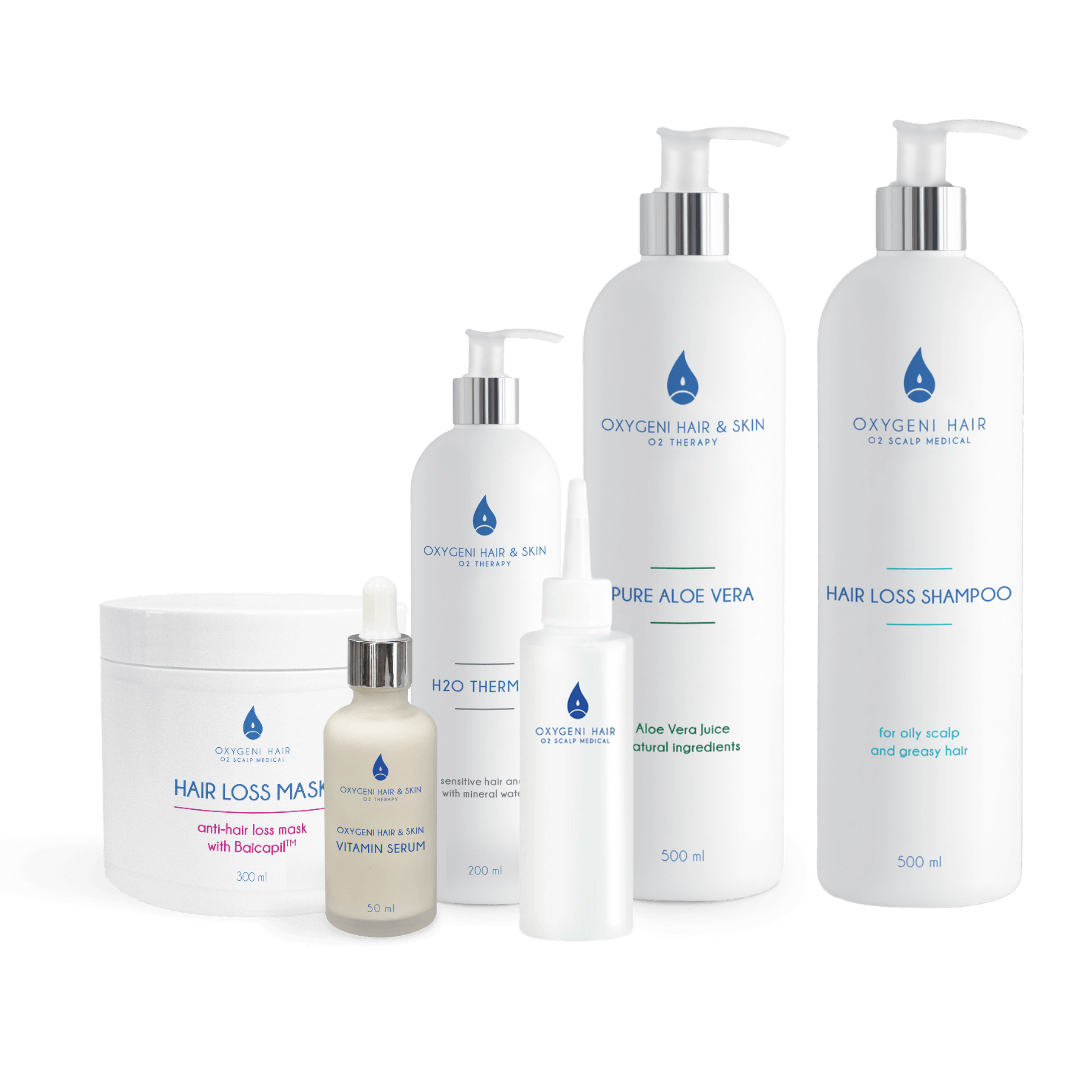
Complex Bundle Against Hair Loss
To combat hair loss and strengthen your hair, our essential products for home hair care include the Hair Loss Shampoo, a shampoo designed to fight hair loss, the Vitamin Serum containing nearly 70 types of vitamins and nutrients, the H2O Thermal providing minerals to the hair follicles and scalp, and the Pure Aloe Vera, which ensures that the active ingredients reach the hair follicles. With the scalp mist made from these products, you can treat your scalp daily and stimulate your hair follicles.
STRESS MANAGEMENT
Workplace pressure or stressful periods due to family reasons can have an impact on your hair. Stress disrupts the energy balance of the hair follicles, leading to hair loss initially, but potentially resulting in baldness later on. If stress persists, you may face premature hair thinning.
To navigate through these periods, consider organizing activities that can completely relax you. Strive to spend more time outdoors. Going on a hike with friends or engaging in outdoor sports can be excellent stress relievers! Turn to healthy stress management methods: yoga, exercise, breathing exercises, or meditation are the most effective techniques.
FIGHT AGAINST HAIR LOSS WITH BAICAPIL
Baicapil is a synergistic combination of three plants, proven to combat hair loss with visible results. Through its innovative mechanism of action, Baicapil stimulates hair growth, increases hair density, and reduces hair loss. Hair appears younger and healthier, revitalizing the follicles, and filling them with energy.
Remarkable results can be achieved in as little as three months. The combination of ingredients extends the hair growth phase and activates hair follicles in the telogen phase. Clinical research has shown that after 3 months of Baicapil use, hair loss decreased by 60.6% and hair density increased by up to 59.3%, significantly improving hair quality.
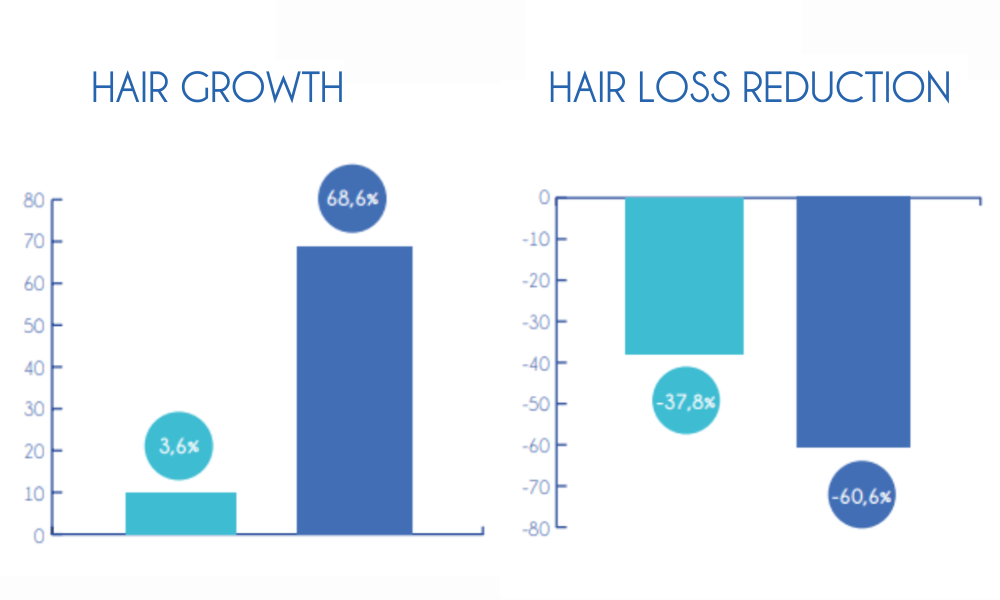
EXPERIENCE THE EFFECTS OF BAICAPIL:
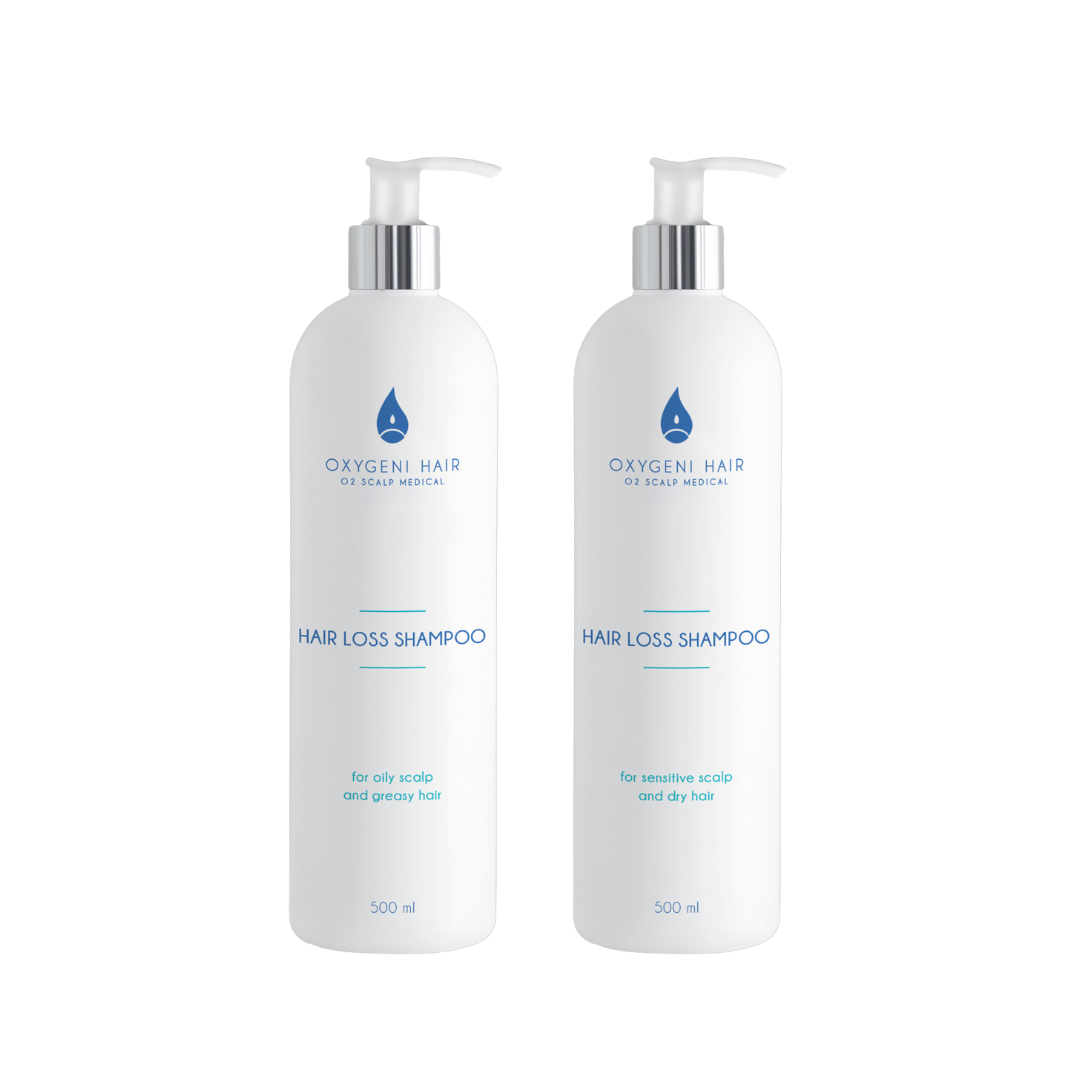
Hair Loss Shampoo
This shampoo is recommended for weak, thinning hair. Clinically proven Baicapil and vitamin B5 penetrate the scalp, positively affecting the follicles, strengthening them. Maca extract stimulates hair growth, prevents or reduces hair loss, and improves scalp condition.
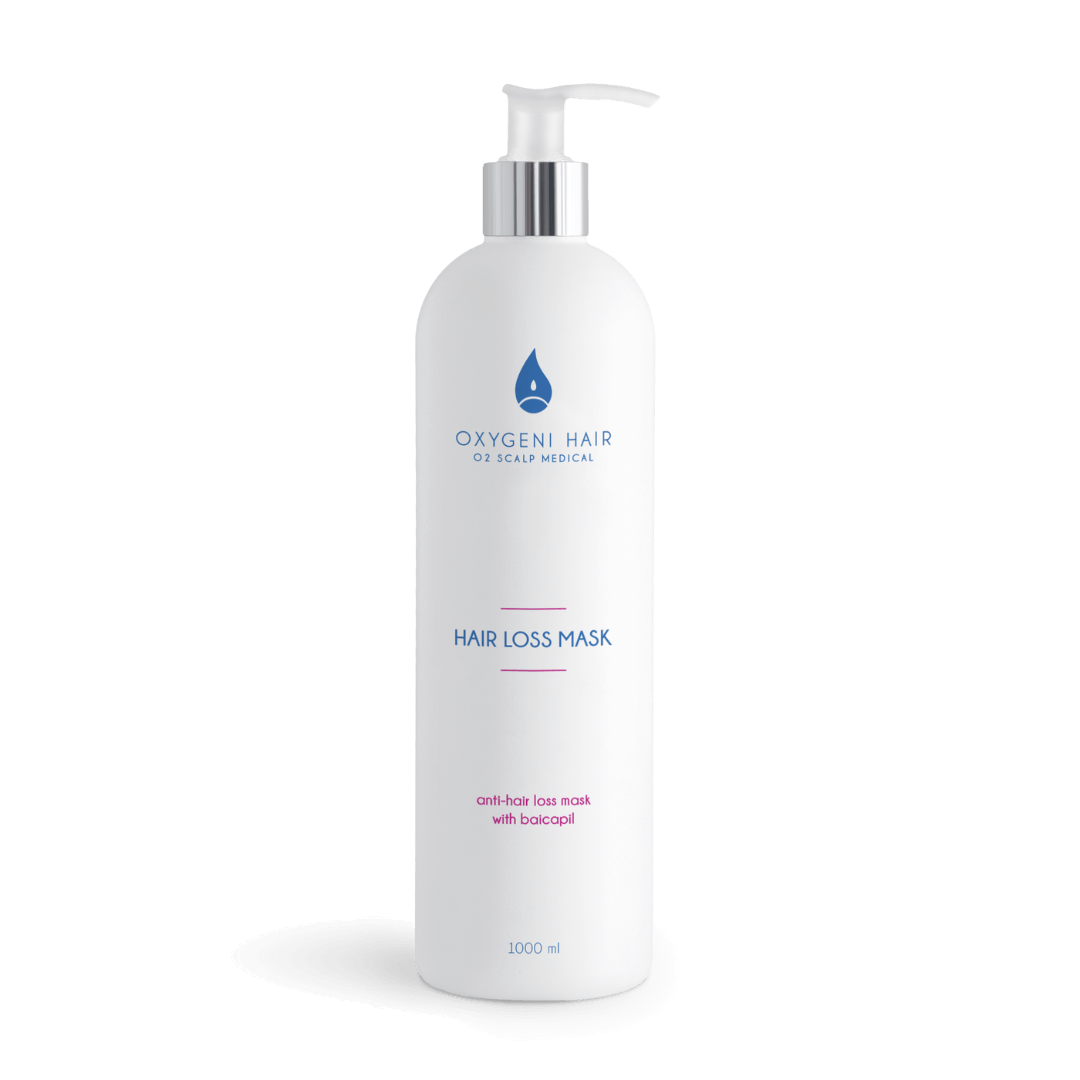
Hair Loss Mask
This Hair Loss Mask contains Baicapil, maca root extract, Panthenol, and vitamin B5, helping to stop hair loss and strengthen weak, thinning hair. Argan oil with its various nutrients promotes faster hair growth, while jojoba oil contributes to reducing hair loss. Rosemary oil excellently strengthens hair follicles, helps stop hair loss, and enhances hair growth. Flaxseed oil is ideal for enriching the hair crown with its valuable nutrients, stimulating hair growth, strengthening strands, and making them resistant to external damage.
OXYGEN THERAPY AND OXYGENI HAIR PRODUCT REVIEWS
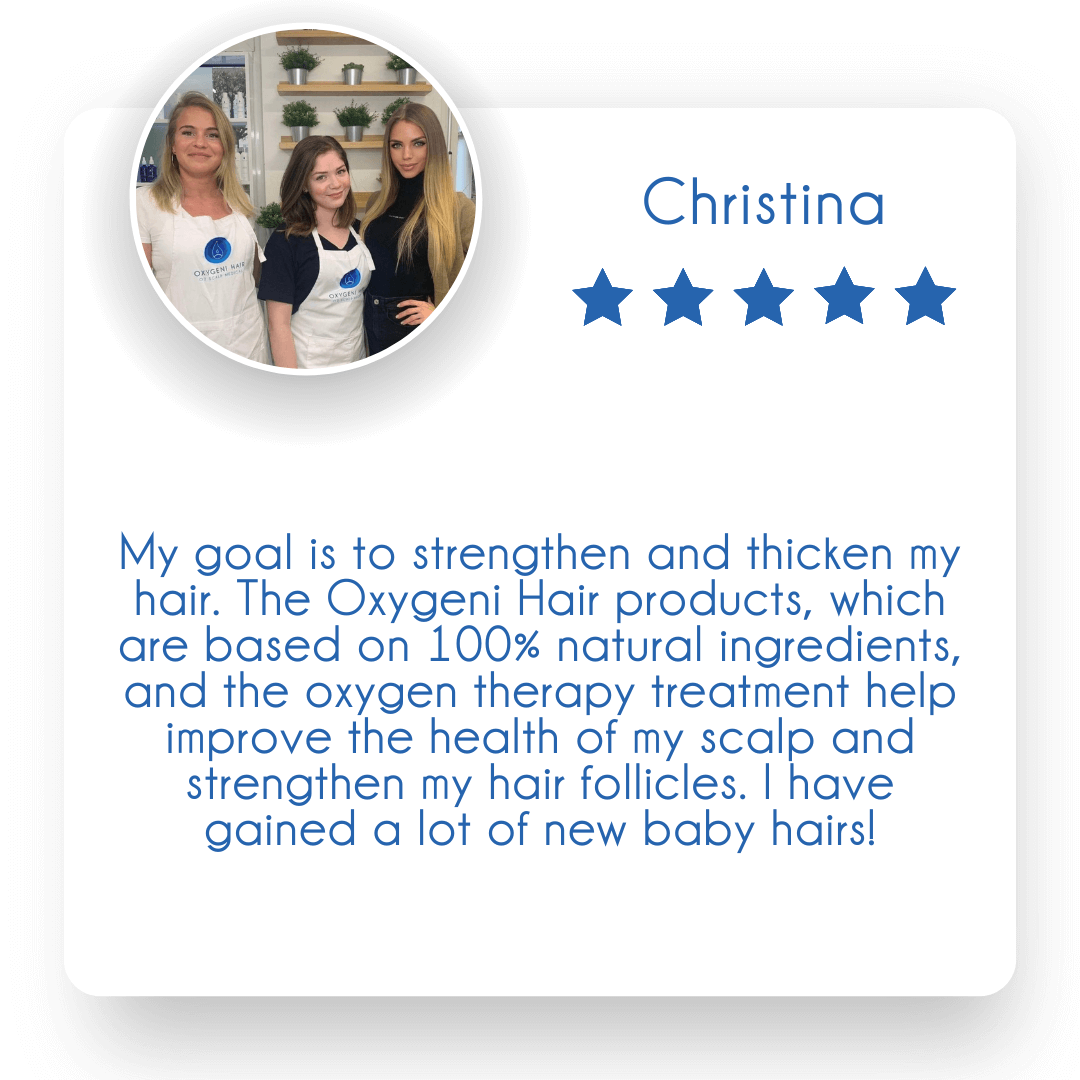

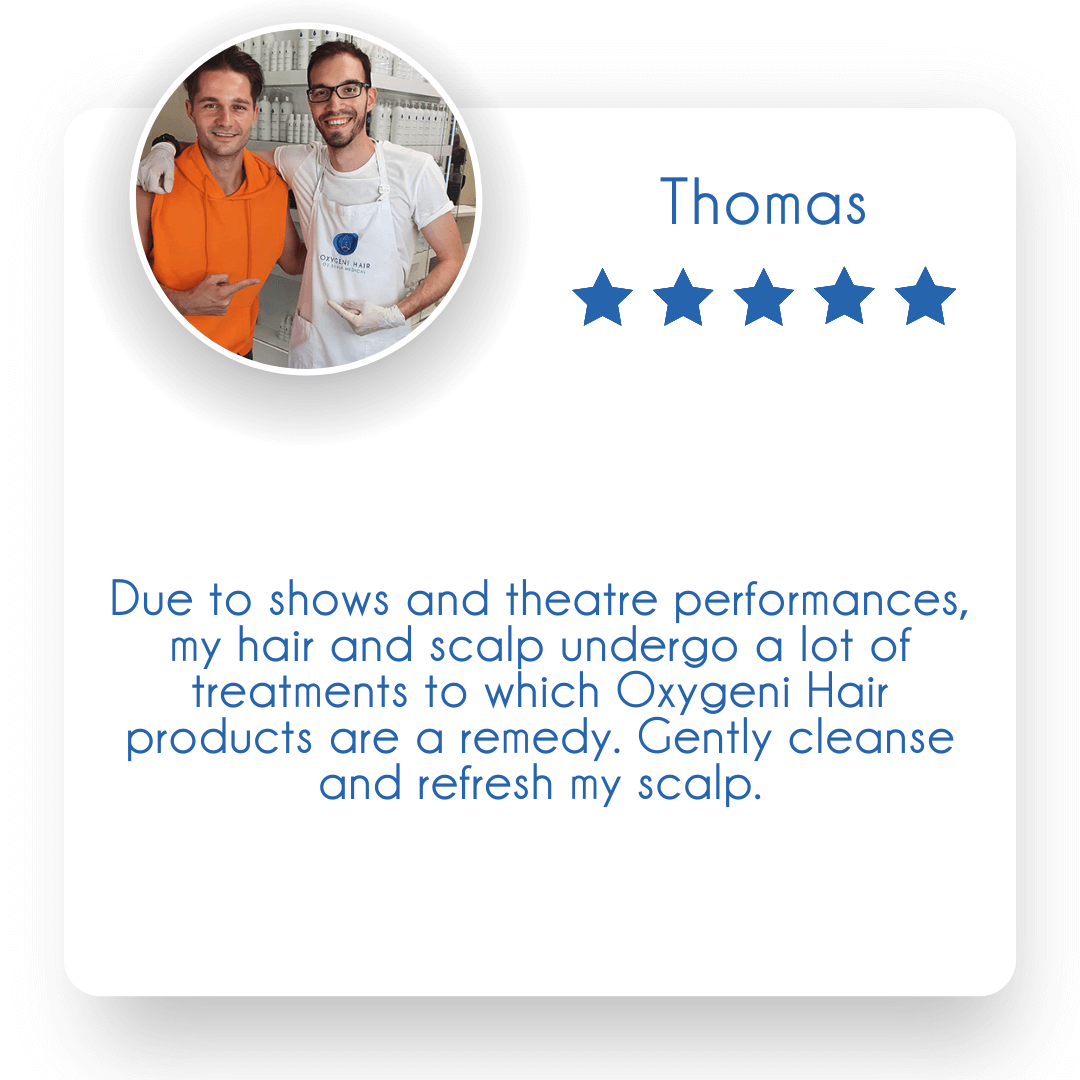
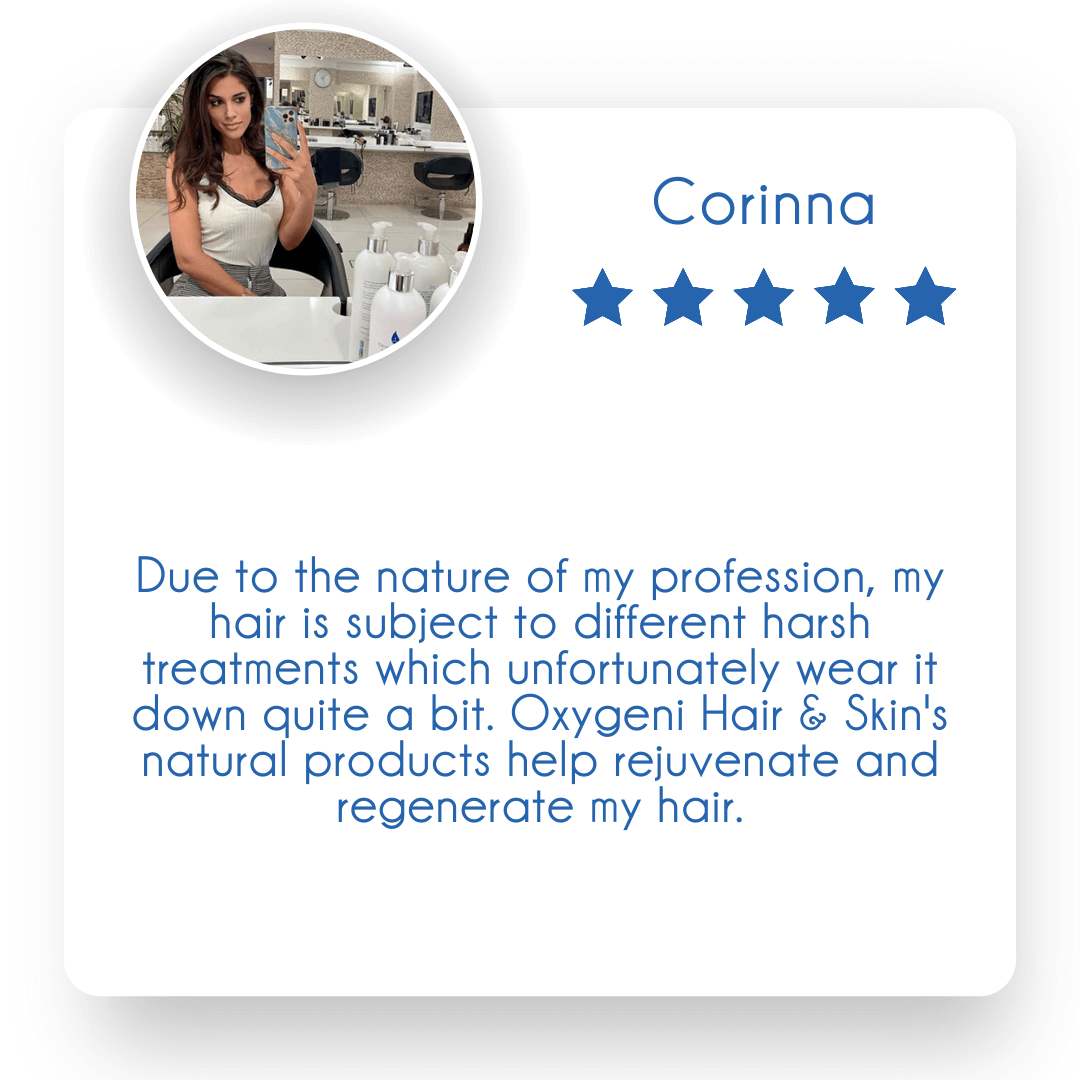
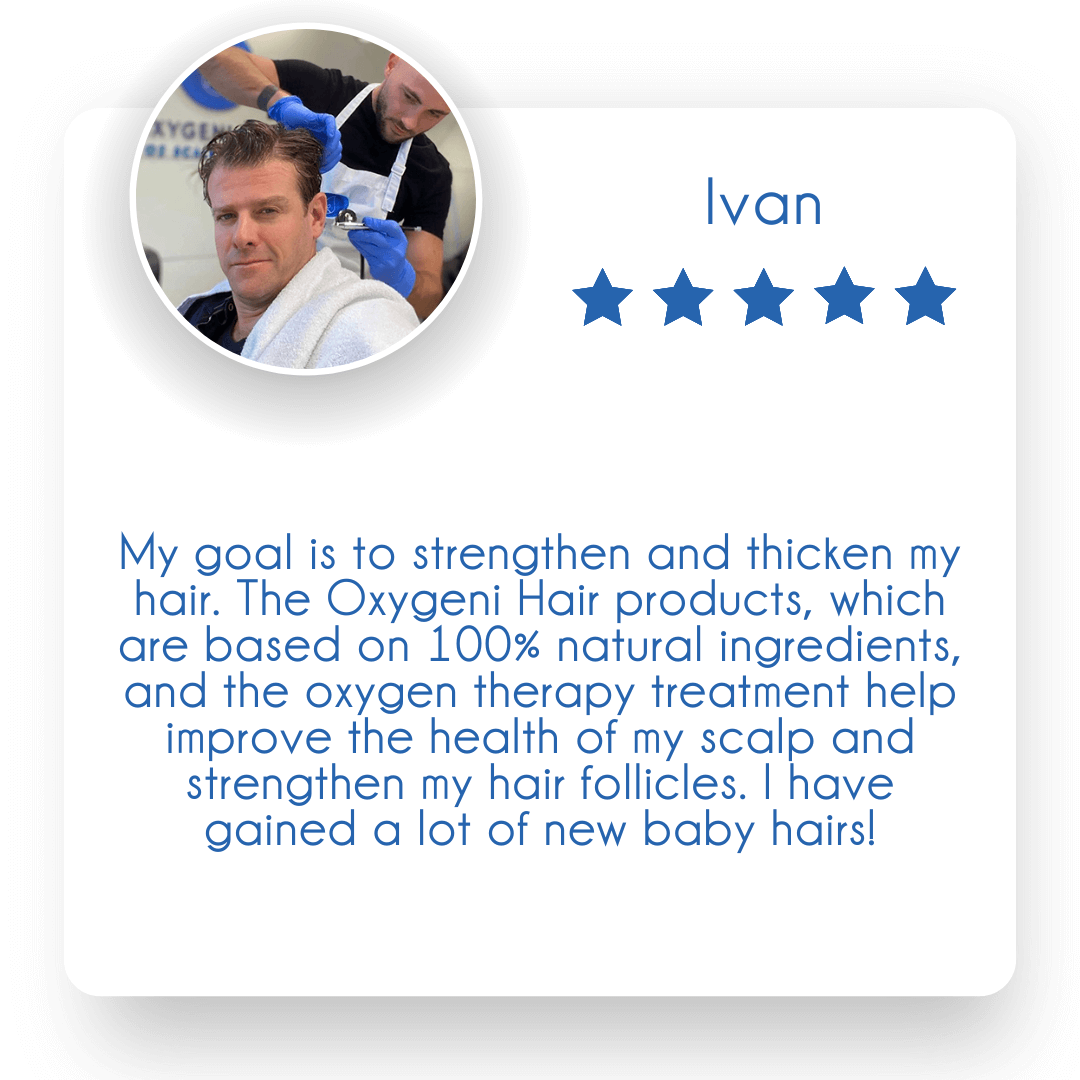
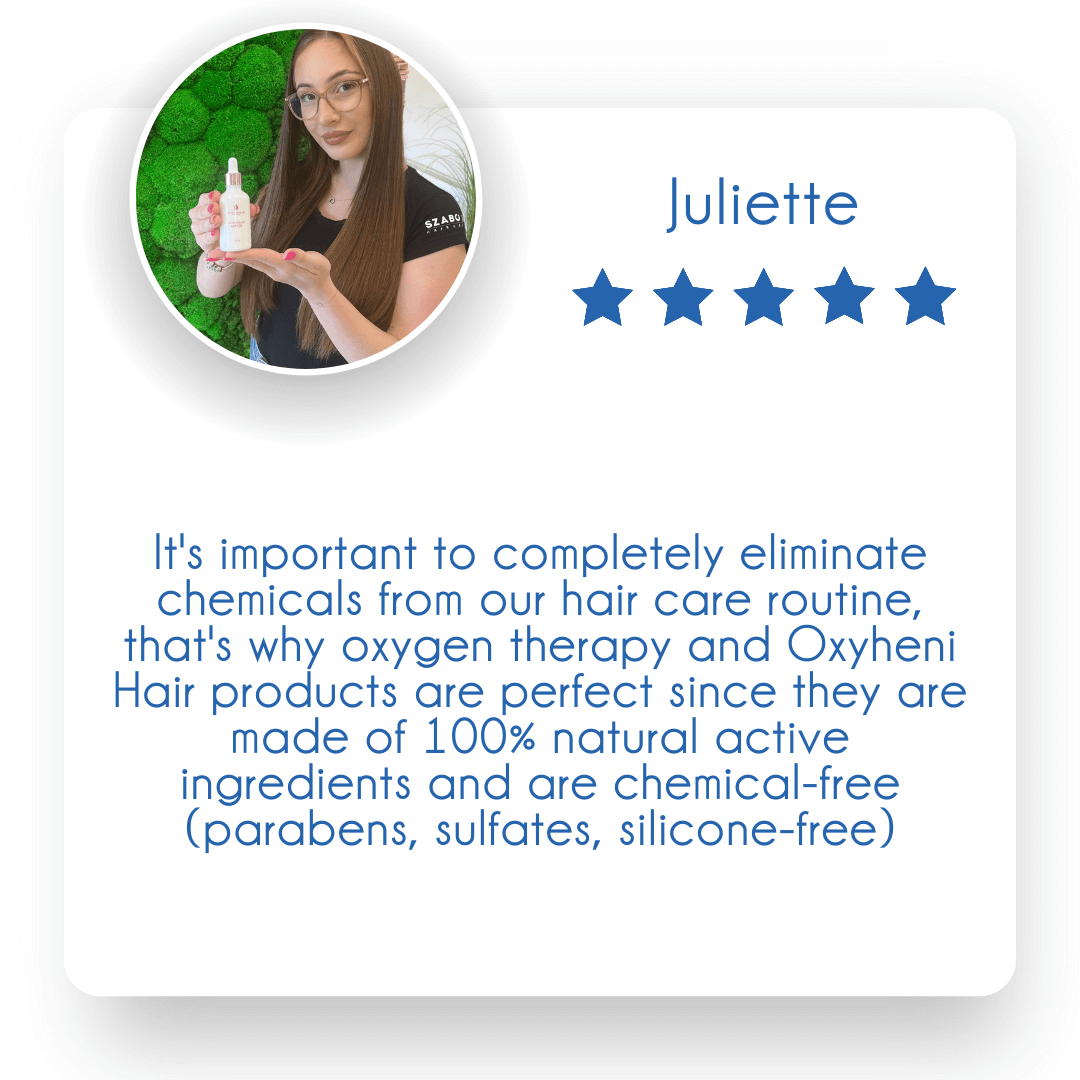
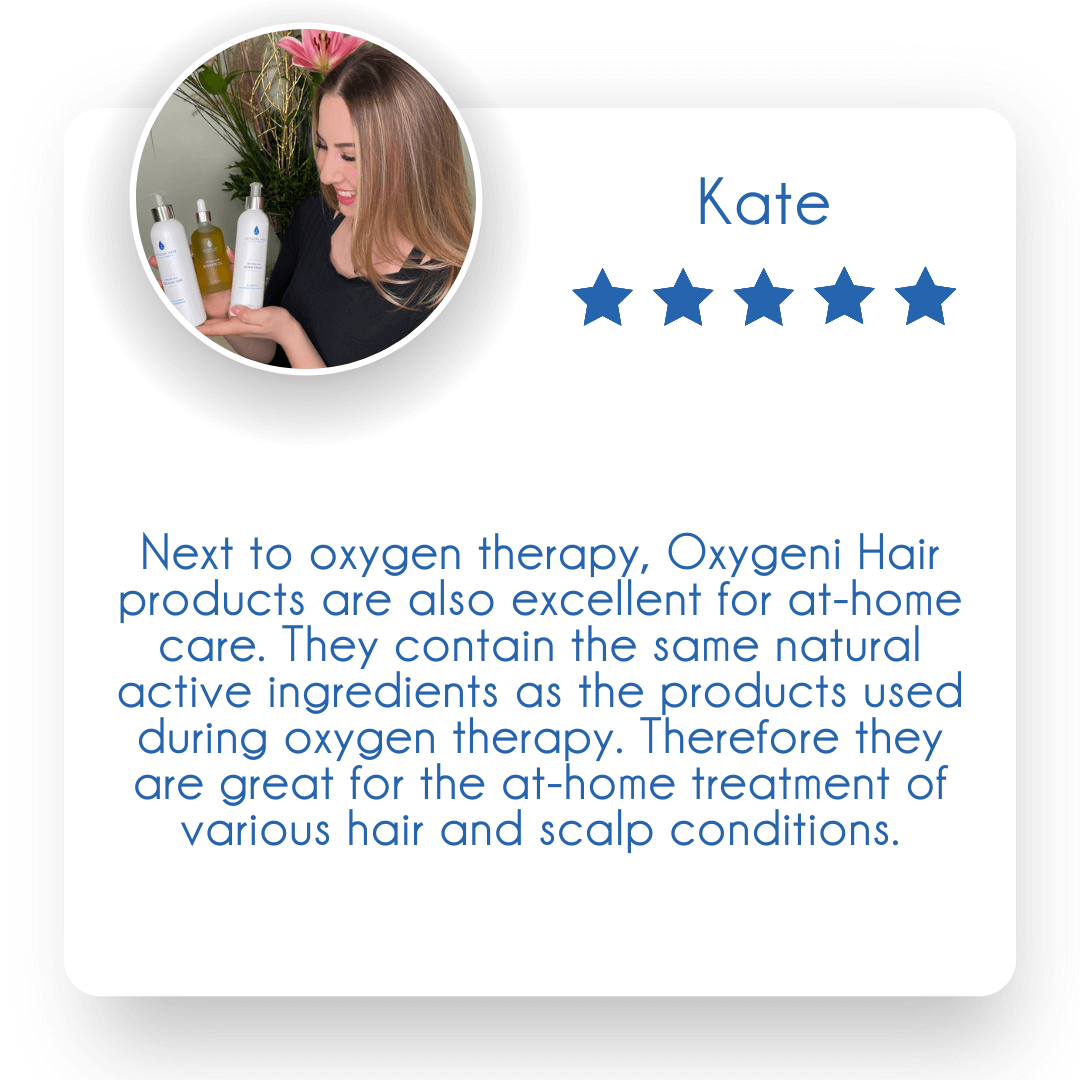
Follow us on our social media platforms!
